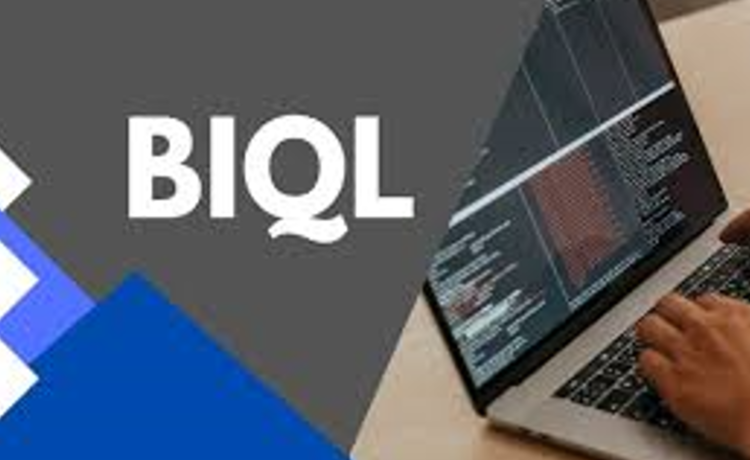In the ever-evolving landscape of data analytics, BiQL stands out as a powerful tool that promises to transform how businesses harness and interpret their data. Whether you’re a seasoned data analyst or a business owner looking to leverage insights for growth, understanding the nuances of BiQL can be pivotal. Let’s delve into what makes BiQL essential and why it’s gaining traction across industries.
Introduction to BiQL
BiQL, short for “Bi-Query Language,” is a specialized query language designed for business intelligence applications. It goes beyond traditional SQL queries by enabling users to ask complex questions in a simplified manner. BiQL operates at the intersection of data analysis and business decision-making, providing a bridge for stakeholders to interact meaningfully with data.
Understanding the Benefits of BiQL
Improving Workplace Efficiency
BiQL streamlines data retrieval and analysis processes, reducing the time required to derive actionable insights. By empowering users to query data directly, it minimizes reliance on data specialists and accelerates decision-making.
Enhanced Decision-Making
With BiQL, decision-makers can explore data intuitively, uncovering patterns and correlations that inform strategic choices. The ability to ask nuanced questions leads to more informed decisions, driving business growth and agility.
Exploring BiQL Features
Real-time Analytics
BiQL supports real-time data analysis, allowing users to access the most current information for timely decision-making. This feature is invaluable in dynamic industries where rapid insights are crucial.
Advanced Query Language
Unlike conventional SQL, BiQL incorporates natural language processing elements, making it accessible to non-technical users. This inclusivity broadens its utility across departments within an organization.
How BiQL Empowers Data Analysis
Simplifying Data Interpretation
BiQL translates complex data queries into user-friendly formats, enabling stakeholders to grasp insights effortlessly. This simplification democratizes data analysis, fostering a data-driven culture.
Enabling Complex Queries
From predictive analytics to cohort analysis, BiQL supports a wide range of sophisticated queries. Its flexibility accommodates diverse analytical needs, making it a versatile tool for data professionals.
BiQL Applications in Different Industries
Finance and Banking
In finance, BiQL enhances risk assessment, fraud detection, and customer segmentation. Banks leverage BiQL for real-time market analysis and personalized financial services.
Healthcare
BiQL optimizes patient care by analyzing medical data for treatment insights and resource allocation. It aids in population health management and clinical research.
E-commerce
For online retailers, BiQL optimizes inventory management, customer profiling, and marketing strategies. It powers personalized recommendations and demand forecasting.
Implementing BiQL in Business Operations
Integration with Existing Systems
Integrating BiQL into existing data infrastructure requires strategic planning and seamless execution. Compatibility with data lakes, warehouses, and BI tools is critical for successful implementation.
Training and Adoption
Organizational adoption of BiQL necessitates comprehensive training programs. Investing in user education ensures proficient utilization and maximizes ROI.
Challenges and Considerations with BiQL
Data Security
As with any data analytics tool, ensuring data security and compliance is paramount. BiQL implementations must prioritize encryption, access controls, and privacy protocols.
Learning Curve
While BiQL simplifies querying, mastering its full capabilities requires time and expertise. Organizations should anticipate a learning curve and allocate resources accordingly.
Future Trends and Innovations in BiQL
AI Integration
The future of BiQL lies in AI integration, enabling predictive analytics and automated insights generation. Machine learning algorithms will enhance query precision and speed.
Enhanced Visualization
BiQL will evolve to offer richer data visualization capabilities, transforming complex insights into intuitive dashboards and reports.
Conclusion
BiQL represents a paradigm shift in data analytics, empowering businesses to extract actionable intelligence from vast datasets efficiently. Its user-centric approach and versatile features position it as a cornerstone of modern business intelligence.





